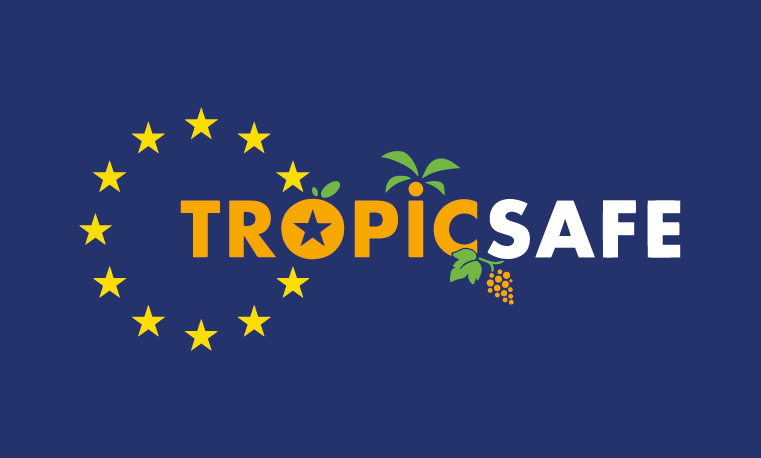
Abstract
The project aims to address economically important insect-borne prokaryote-associated diseases of perennial crops (palm, citrus and grapevine) grown in tropical and subtropical areas which are seriously affecting the trade and import of agricultural products and materials worldwide. These diseases are due to the presence of ‘Candidatus Phytoplasma’ associated with “lethal yellowing” in palms and “yellows” in grapevine, and ‘Ca. Liberibacter’ associated with “Huanglongbing” in citrus. These diseases could also present a possible threat to EU agriculture as a result of accelerated climate change that the EU is facing nowadays. The management of these diseases will be focused on tropical and subtropical areas in Africa (Ghana, South Africa and Reunion), the Americas (Mexico, Chile) and the Caribbean (Guadalupe, Jamaica, Cuba), and subtropical regions in Europe (Spain). Prevalence of the aforementioned diseases is severe in these areas, giving rise to social and economic threats, affecting local agriculture and export of products internationally and, in particular, to the EU. Knowledge and technologies available in the EU countries will be deployed in tropical and subtropical regions for carrying out epidemiologic studies aimed at filling gaps in our knowledge (including climatic and cultural factors); integrated pest management strategies based on innovative diagnostic and prevention tools; reduced insecticide treatments; use of defence elicitors and improved resistant germplasm; and pest risk assessment schemes. The project will evaluate the economical sustainability and the industrial relevance of the proposed solutions, and will assess the social impact of these diseases, and the distributive effects in the target countries. Local plant protection organizations, farmers and producers will actively participate as partners and/or in the Stakeholder Advisory Board, taking part in field trials, demonstration and exploitation of the results.
Project details
Unibo Team Leader: Assunta Bertaccini
Unibo involved Department/s:
Dipartimento di Scienze e Tecnologie Agro-Alimentari
Coordinator:
ALMA MATER STUDIORUM - Università di Bologna(Italy)
Other Participants:
Centre De Coop. International En Recherche Agronomique Pour Le Developpement
(France)
Council For Scientific And Industrial Research, Oil Palm Research Institute-Csir
(Ghana)
Centro De Investigacion Cientifica De Yucatan A.C.
(Mexico)
Vinpro Npl
(South Africa)
Patho Solutions Ltd
(South Africa)
Universidad de Chile
(Chile)
Assofwi
(Guadeloupe)
AGRITEST s.r.l.
(Italy)
University Of Pretoria
(South Africa)
Fundacion Empresa-Universidad Gallega -Feuga
(Spain)
Coconut Industry Board
(Jamaica)
Centro Di Ricerca Per Gli Alimenti E La Nutrizione
(Italy)
Ecoproductores del Tropico Humedo A.C.
(Mexico)
Aarhus Universitet
(Denmark)
Institución de enseñanza e investigación en ciencias agrícolas, Campus San Luis Potosí Colegio de Postgraduados
(Mexico)
National Institute of Biology
(Slovenia)
Stellenbosch University
(South Africa)
The University Of Nottingham
(United Kingdom)
IIFT Instituto de Investicaciones en Fruticultura Tropical
(Cuba)
Cooperativa Agricola Vitivinicola Loncomilla Ltda
(Chile)
Instituto Valenciano De Investigaciones Agrarias
(Spain)
Total Eu Contribution: Euro (EUR) 3.999.963,75
Project Duration in months: 48
Start Date:
01/05/2017
End Date:
30/04/2021


